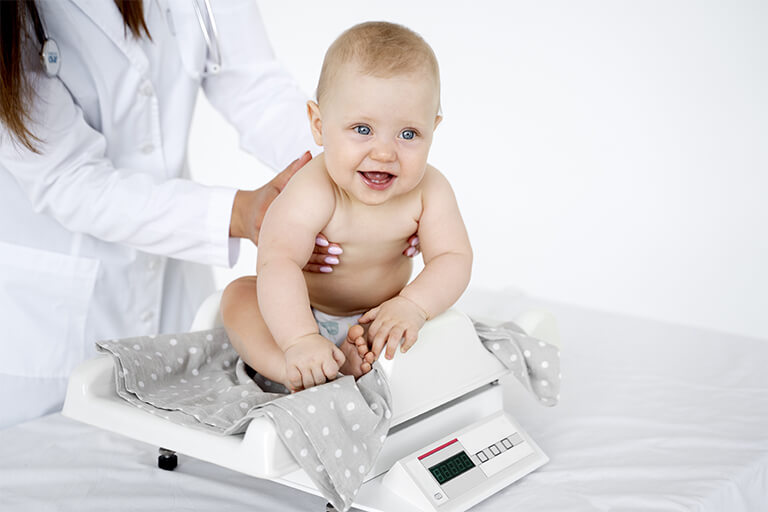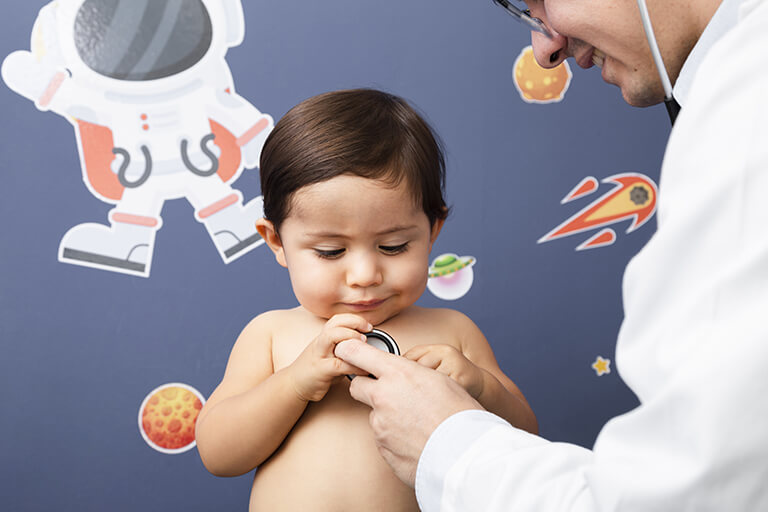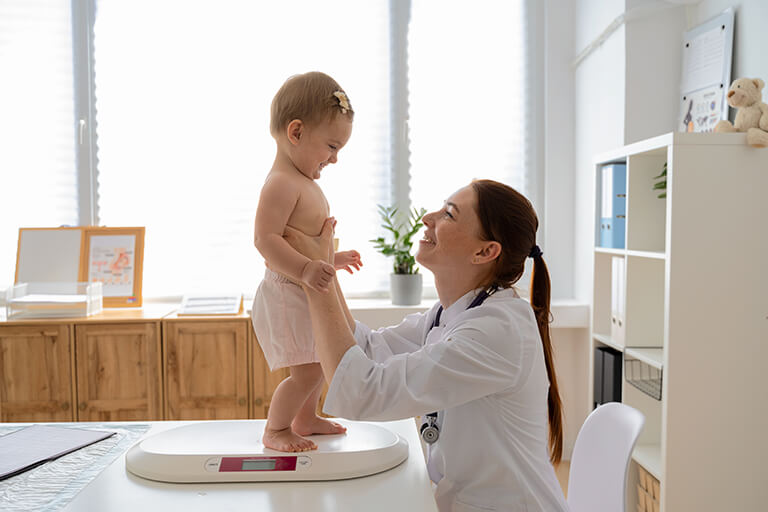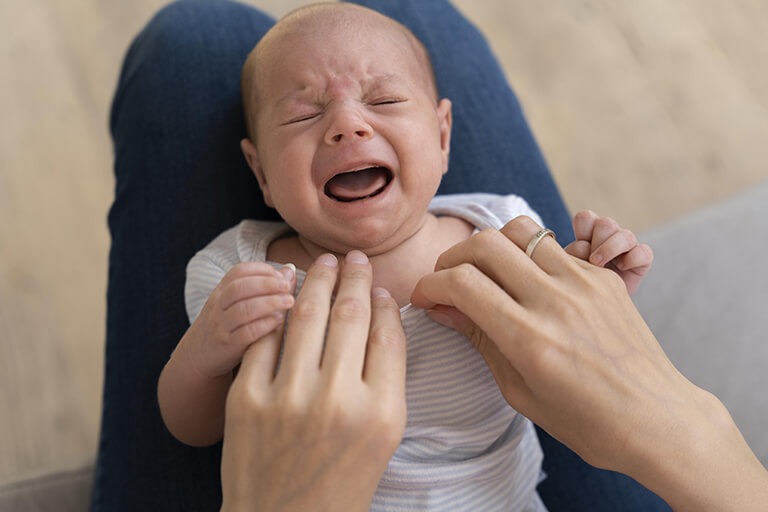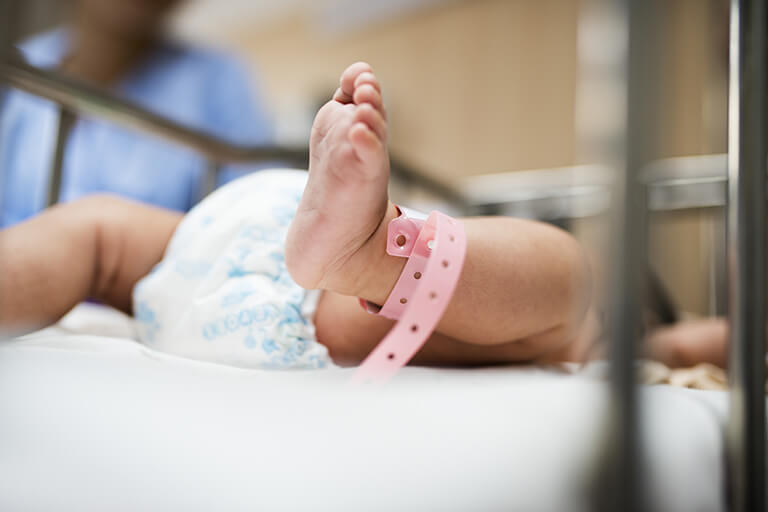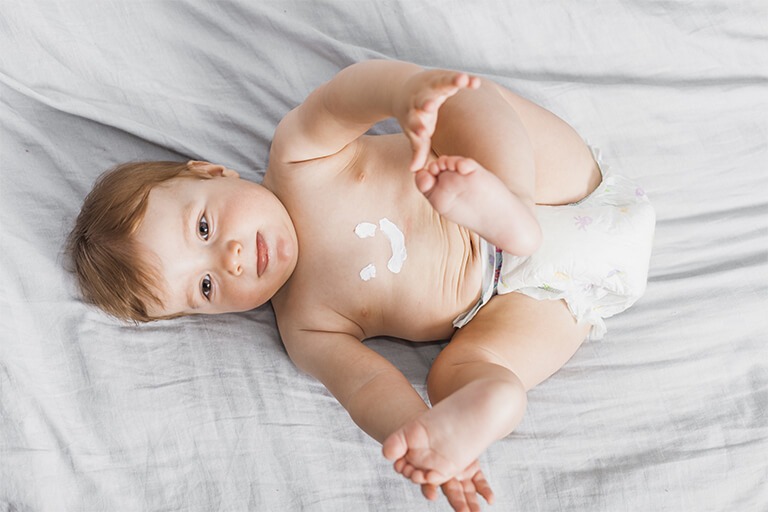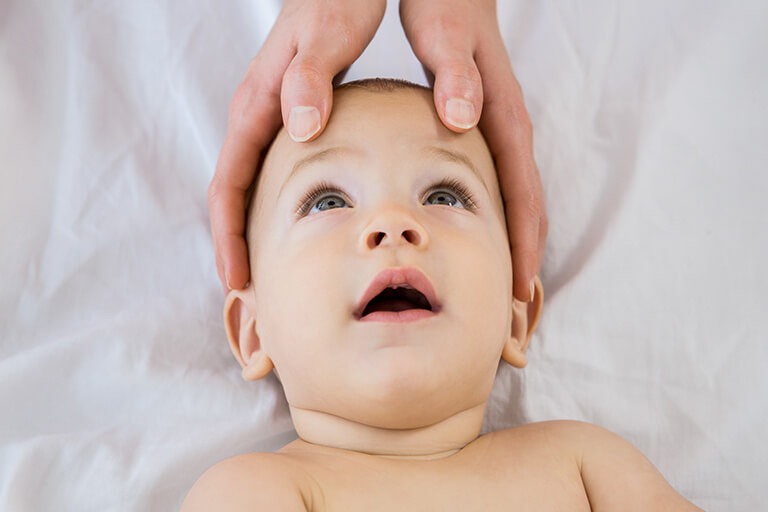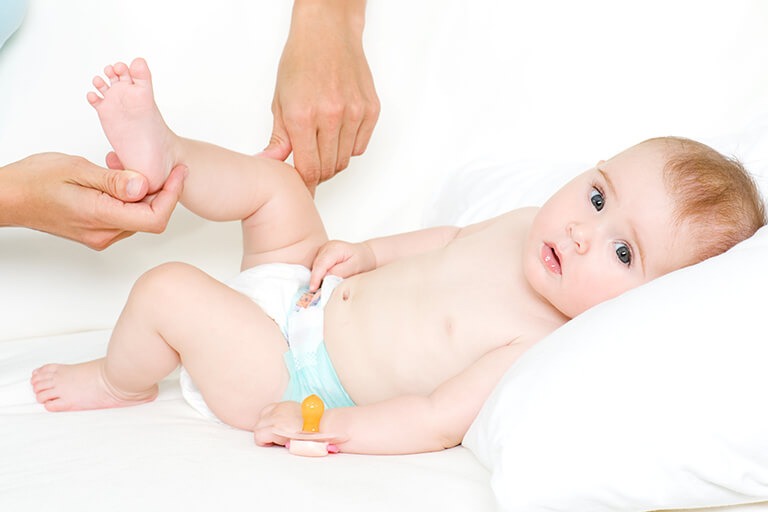Introduction Regular pediatrician check-ups are an essential component of maintaining your child’s overall health and well-being. These routine visits provide an opportunity for comprehensive assessments, preventive care, and early detection of any potential health issues. In this article, we will explore the numerous benefits of regular pediatrician check-ups and how they contribute to your child’s optimal growth and development. Monitoring Growth and Development Pediatric check-ups allow healthcare professionals to monitor your child’s growth and development over time. By tracking key indicators such as height, weight, head circumference, and developmental milestones, pediatricians can identify any potential concerns or delays early on. Regular assessments help ensure that your child is progressing as expected and provide an opportunity to address any developmental issues promptly. This proactive approach is vital for optimizing your child’s physical, cognitive, and emotional well-being. Preventive Care and Vaccinations Pediatric check-ups offer an opportunity for preventive care, including vaccinations. Immunizations are a crucial aspect of safeguarding your child’s health and protecting them from potentially serious diseases. Pediatricians follow established vaccination schedules to ensure your child receives the necessary immunizations at the appropriate ages. These vaccinations not only protect your child but also contribute to community immunity. During check-ups, pediatricians also guide preventive measures such as healthy nutrition, regular exercise, and good hygiene practices. They offer advice on injury prevention, safety measures, and age-appropriate screenings. By focusing on prevention, regular pediatrician check-ups play a key role in minimizing the risk of illness and promoting a healthy lifestyle for your child. Early Detection of Health Issues Regular check-ups enable pediatricians to screen for a wide range of health issues that may not be immediately apparent. By conducting thorough physical examinations, reviewing medical history, and performing age-appropriate screenings, pediatricians can identify potential health concerns before they become more serious. This early detection allows for timely intervention and appropriate management. Common conditions that can be detected during check-ups include vision and hearing problems, high blood pressure, anemia, and developmental disorders. Additionally, pediatricians assess your child’s mental health and emotional well-being, as early identification of behavioral or emotional challenges can lead to prompt intervention and support. Building a Trusting Relationship Consistent visits to a pediatrician help establish a trusting relationship between your child and the healthcare provider. Regular check-ups create a familiar and comfortable environment where your child can feel at ease, fostering open communication and cooperation during appointments. A positive relationship with a pediatrician also helps alleviate anxiety or fear your child may have towards medical visits, ensuring better compliance with recommended treatments and interventions. Guidance for Parenting and Support Pediatricians serve as valuable resources for parents, offering guidance, support, and education. They provide information on age-appropriate developmental milestones, parenting techniques, nutrition, and behavior management strategies. Pediatricians address concerns and answer questions, empowering parents to make informed decisions about their child’s health and well-being. They also connect families with additional resources, such as specialists, therapists, or support groups, when necessary. Conclusion Regular pediatrician check-ups are crucial for promoting and maintaining your child’s health. These visits provide opportunities for monitoring growth and development, administering preventive care, detecting health issues early, and building a trusting relationship. By prioritizing routine check-ups, you are taking proactive steps to support your child’s optimal physical, cognitive, and emotional well-being. Remember, the benefits of regular pediatrician check-ups extend beyond medical care, as they serve as a foundation for lifelong healthy habits and well-informed parenting. Contact Dr. Olfa Koobar, the Best Pediatrician in Dubai for regular check-ups for your children. Source: https://www.childrensal.org/importance-routine-check-ups
04 248 1000
drolfa.k@gmail.com
Sat - Thu: 9:00am - 7:00pm

